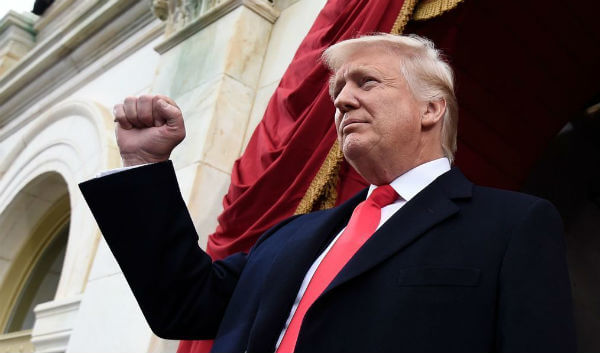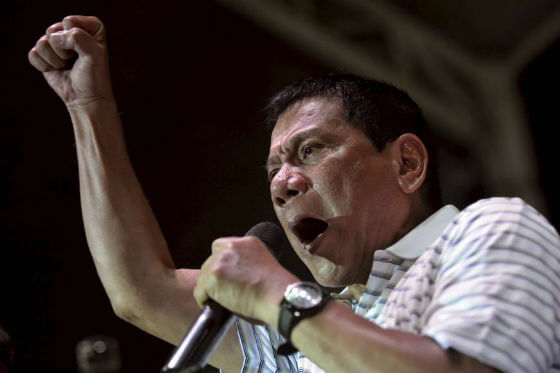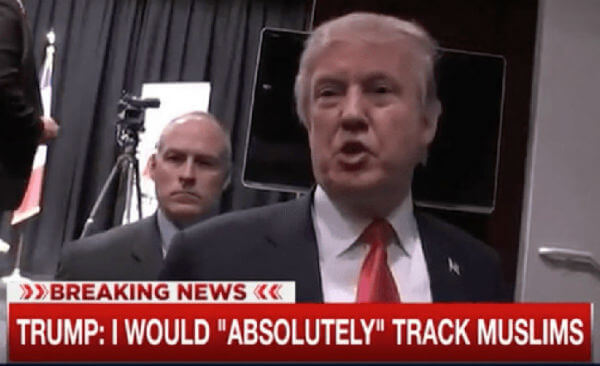The Washington Post reports: National security adviser Michael Flynn privately discussed U.S. sanctions against Russia with that country’s ambassador to the United States during the month before President Trump took office, contrary to public assertions by Trump officials, current and former U.S. officials said.
Flynn’s communications with Russian Ambassador Sergey Kislyak were interpreted by some senior U.S. officials as an inappropriate and potentially illegal signal to the Kremlin that it could expect a reprieve from sanctions that were being imposed by the Obama administration in late December to punish Russia for its alleged interference in the 2016 election.
Flynn on Wednesday denied that he had discussed sanctions with Kislyak. Asked in an interview whether he had ever done so, he twice said, “No.” [Continue reading…]
The New York Times reports: Federal officials who have read the transcript of the call were surprised by Mr. Flynn’s comments, since he would have known that American eavesdroppers closely monitor such calls. They were even more surprised that Mr. Trump’s team publicly denied that the topics of conversation included sanctions.
The call is the latest example of how Mr. Trump’s advisers have come under scrutiny from American counterintelligence officials. The F.B.I. is also investigating Mr. Trump’s former campaign chairman, Paul Manafort; Carter Page, a businessman and former foreign policy adviser to the campaign; and Roger Stone, a longtime Republican operative. [Continue reading…]
It would seem that the primary skill Trump requires in those around him is that, like him, they be well-practiced liars.
And note the timing of these revelations about Flynn based on information the FBI has possessed for weeks — the story comes out right after Jeff Sessions has been confirmed as Attorney General and the Justice Department can therefore be expected to let Flynn off the hook.
Trump’s philosophy in life and the guidance he offers in one way or another to those around him is this: stand by me and I’ll show you how you can get away with anything.
In the case of Flynn what we are now witnessing might be described as a cover-up disguised as a revelation. The FBI wants to be seen as doing its job while at the same time it waves onlookers to pass on by.
“Several officials emphasized that while sanctions were discussed, they did not see evidence that Flynn had an intent to convey an explicit promise to take action after the inauguration,” the Washington Post reported.
That’s what I would call an intentionally misleading statement and I’ll ascribe the intention to the officials rather than the reporters who allow themselves to be shepherded in this way.
If Flynn had made an explicit promise there would be no need to analyze his intentions — the recorded contents of the conversations would convey all we need to know. Moreover, unless he suffers from some kind of speech impediment, there’s no reason to imagine that he could have the intention to make an explicit promise short of actually making such a promise.
Instead, what is key here is whether Flynn’s statements, based on their content and timing, would be interpreted by the Russian ambassador as an implicit promise. In other words, was Flynn telegraphing a nod and a wink from Trump to Putin that Russia had no reason to be concerned about Obama’s last-minute sanctions.
*
During the presidential campaign, Trump proposed as a kind of working theory that he would be able to get away with murder.
In office, I surmise, he now wants to demonstrate through a series of incremental steps that he and his administration can get away with anything. Along the way, officials may be required to engage in ritual admonishments (like Kellyanne Conway getting “counseled” for ethics violations) whose purpose is not to serve as correctives but instead to highlight the Trumpsters’ collective sense of impunity.



